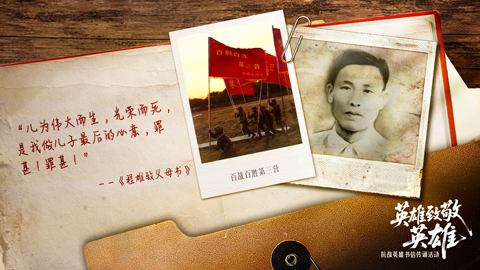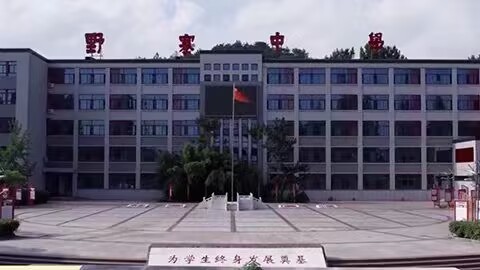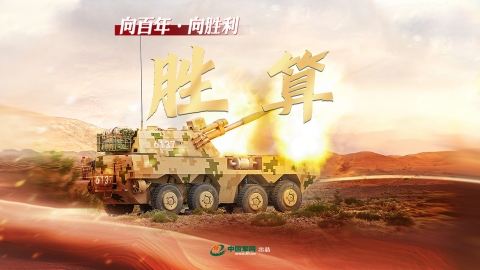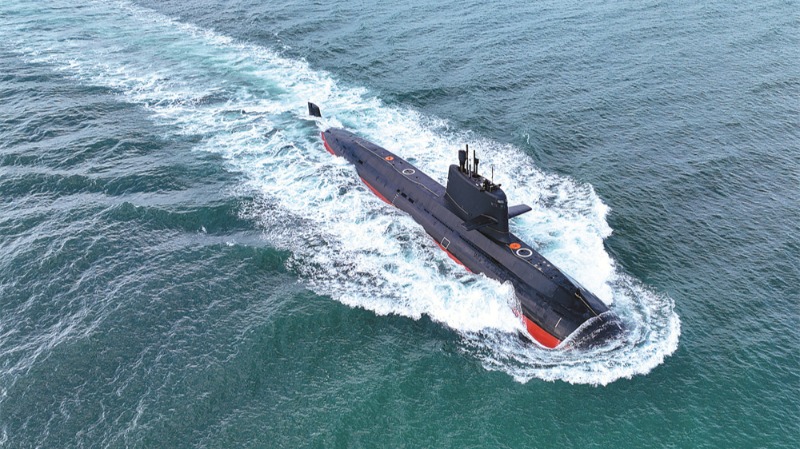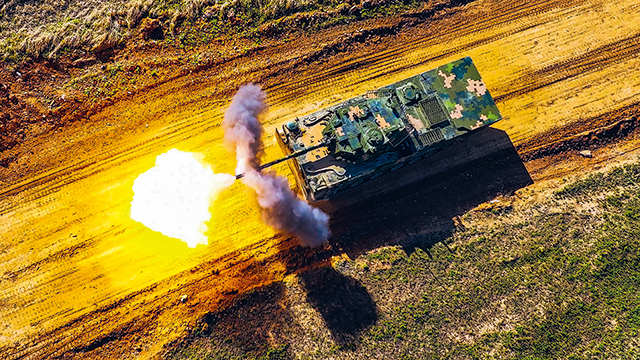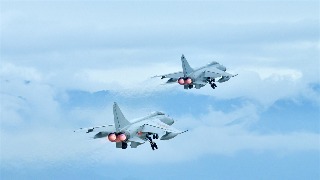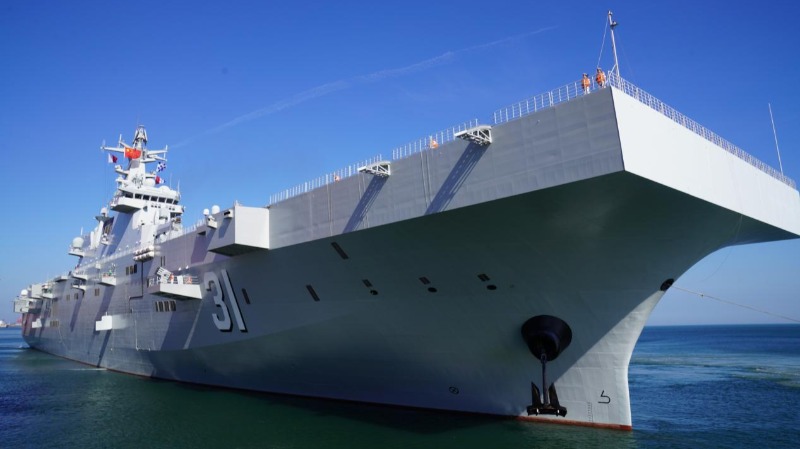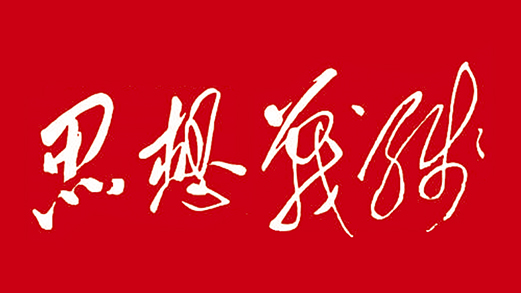By Zhang Hong
张弘
The Russia-Ukraine conflict has entered its second year, and with the prolongation and development of the conflict, there has been a sustained discourse and introspection on its causes and consequences within the international community. Among them, the European side constantly emphasizes that it is one of the victims of the Ukrainian crisis, but it is undoubtedly one of the drivers of the uncontrolled escalation of the crisis. The conflict between Russia and Ukraine has become a major failure of post-Cold War EU diplomacy. A Europe without Russia may also completely miss opportunities to build common security mechanisms and geopolitical stability in the region.
俄乌冲突爆发两年,随着这场冲突的延宕演变,国际社会对其根源和影响的讨论与反思也一直在持续。其中,欧洲方面不断强调自己是乌克兰危机受害方之一,但它无疑又是危机升级失控的推动者之一。俄乌冲突已经成为冷战后欧盟外交的一次重大失败。“失去”俄罗斯的欧洲,可能也彻底错失了建立地区共同安全机制和地缘政治稳定的机遇。
First, expansionist impulses serve as an inciting factor for the EU's deep involvement in the Ukraine crisis. As the most exemplary regional integration organization to date, the EU has obvious strengths and weaknesses in diplomacy, possessing strong soft power but insufficient hard power, especially with its heavy dependence on the US in security and defense. Since the beginning of the 21st century, the EU has sought more than internal integration, expanding its gaze to the post-Soviet region in an attempt to create a pro-Western geographic buffer space in the East by courting Ukraine, Georgia, Moldova, and other countries. At the end of 2013, a political crisis erupted in Ukraine over the question of whether to sign the Association Agreement with the EU, and the direct intervention of the US-led EU triggered drastic countermeasures from Russia, which further led to the Crimean crisis and the conflict in Donbas. In this sense, the Ukrainian crisis was fueled by the EU's diplomatic misadventures.
首先,扩张性冲动为欧盟深陷乌克兰危机埋下引线。作为迄今为止最具示范性的地区一体化组织,欧盟在外交上的优点和缺点都很明显——软实力较强但硬实力不足,尤其是在安全和防务领域严重依赖美国。进入21世纪以来,欧盟不再满足于内部一体化,而是将视野扩大至后苏联地区,试图拉拢乌克兰、格鲁吉亚、摩尔多瓦等国,以便在欧盟东部建立亲西方的地缘缓冲空间。2013年末,正是围绕是否与欧盟签署联系国地位协定问题,乌克兰爆发政治危机,美欧进行直接干涉又引发俄罗斯激烈反制,进而导致克里米亚危机和顿巴斯冲突。从这个角度讲,乌克兰危机背后有着欧盟外交冒险失败的诱因。
Second, the failure of diplomacy with Russia has led to a further escalation of the crisis in Ukraine into conflict. EU-Russia relations started from a good position, enjoying a honeymoon period from the collapse of the Soviet Union until the beginning of the 21st century. Russia had a strong interest in developing relations with Europe, and the EU supported Russia's national transformation. In 2003, the two sides proposed the creation of four "Common Spaces" in the political, economic, cultural and security spheres, and subsequently adopted the relevant roadmap document.
其次,对俄外交失败导致乌克兰危机进一步升级为冲突。欧俄关系起点本来不错,从苏联解体到21世纪初曾经历过一段蜜月期,俄罗斯曾对发展与欧洲关系抱有极大兴趣,欧盟支持俄罗斯国家转型。2003年,双方提出建立政治、经济、文化和安全的“四个统一空间”,随后还通过了相关“路线图”文件。
But afterward, the EU's diplomacy with Russia increasingly encountered internal and external disruptive factors, resulting in a gradual transition of their relationship toward rivalry and confrontation. After the outbreak of the Ukrainian crisis in 2014, Germany and France had tried to resume the dialogue with Russia, but they constantly encountered internal opposition from some Eastern European countries and external restraint from the US and NATO, which eventually turned the Ukrainian crisis into a direct military conflict. The EU's dependence on the US and NATO for security support prevents it from making independent decisions on key issues such as NATO's eastward expansion and the establishment of European security mechanisms. For all these reasons, Europe cannot really respond to Russia's security claims based on its own interests, while limiting its bilateral relations to the level of trade, culture and investment, with inaccessibility to deep strategic security cooperation mechanisms.
但接下来,欧盟对俄外交开始更加频繁地遭遇内外因素干扰,导致欧俄关系逐渐走向竞争和对抗。2014年乌克兰危机爆发后,德法一度试图重启与俄对话,但在内部继续受到一些东欧国家反对、在外部受到美国和北约牵制,最终使得乌克兰危机升级为直接军事冲突。因为需要依赖美国和北约提供安全支持,欧盟在北约东扩和欧洲安全机制建设等关键问题上无法自主决策。以上种种原因导致欧洲无法真正根据自身利益回应俄罗斯的安全诉求,对俄关系仅停留在贸易、文化和投资等层面,无法建立深层次的战略安全合作机制。
Third, bloc politics and the Cold War mentality are the ideological roots of the zero-sum game between Europe and Russia. The continuous escalation and intensification of the geopolitical security crisis in Ukraine is also due to the bloc politics and Cold War mentality of some European countries, which have increasingly marginalized Russia's role in European affairs and further aggravated the mutual security trust deficit between Europe and Russia. The EU could have strengthened coordination and balance with Russia at the political, economic, security, cultural and other levels, and both sides can also jointly promote regional economic integration and mutual security trust by taking advantage of their existing cooperation spaces in the post-Soviet region. However, as a result of distractions and compulsions caused by various internal and external factors, the EU's foreign policy towards Russia has gradually changed from dialogue and cooperation to geo-competition and the current military confrontation.
再次,集团政治和冷战思维是导致欧俄“零和游戏”的思想根源。围绕乌克兰的地缘安全危机之所以不断升级加剧,还因为一些欧洲国家的集团政治和冷战思维,导致俄罗斯在欧洲事务中的位置不断被边缘化,进而引发欧俄之间的安全互信危机。欧盟本可以在政治、经济、安全和文化等多个层面加强与俄罗斯的协调和平衡,双方在后苏联地区也存在着一定合作空间,可以共同促进区域经济一体化和安全互信。但诸多内外因素的干扰和裹挟,导致欧盟对俄外交政策一步步地从对话合作走向地缘竞争,又从地缘竞争发展到现在的军事对抗。
The Russia-Ukraine conflict, which shows no signs of abating, continues to be a security threat with serious implications for the situation in Europe and even the world. On the occasion of the second anniversary of the conflict, all relevant parties should seize this moment to intensify reflection and rectification, accelerate the return to peaceful dialogue, and put an end to bloodshed and confrontation with the concerted efforts of the whole society. In any case, the Russia-Ukraine conflict has provided a mirror for the world to see the international situation and prompted people to think more seriously about how to build a balanced, effective and sustainable regional and global security architecture.
至今仍无停息迹象的俄乌冲突,持续成为严重影响欧洲大陆乃至更大范围国际格局的安全危机。冲突爆发两周年之际,相关各方更应以此为节点加大反思和自我纠正,尽快回到和平对话轨道,在国际社会共同努力下尽快结束这场流血对抗。无论如何,俄乌冲突都给世人看待国际形势提供了一面镜子,促使人们更加认真地思考如何构建均衡、有效、可持续的地区和国际安全架构。
(The author is a researcher of Russian, East European & Central Asian Studies, Chinese Academy of Social Sciences.)
(作者是中国社科院俄罗斯东欧中亚所研究员)
Editor's note: Originally published on huanqiu.com, this article is translated from Chinese into English and edited by the China Military Online. The information and opinions in this article do not necessarily reflect the views of eng.chinamil.com.cn.







